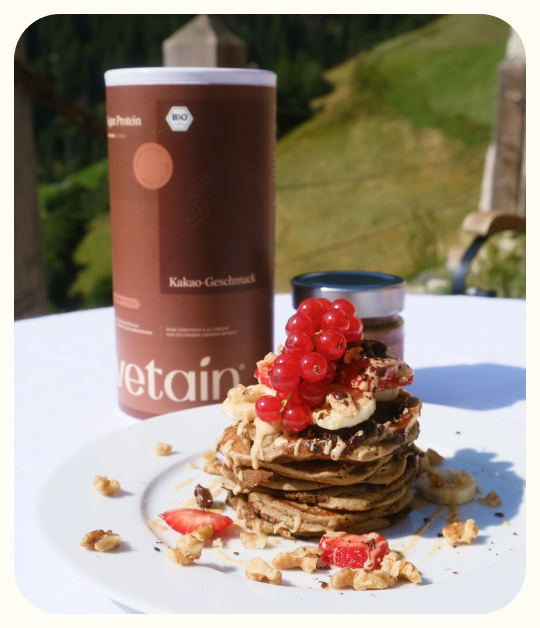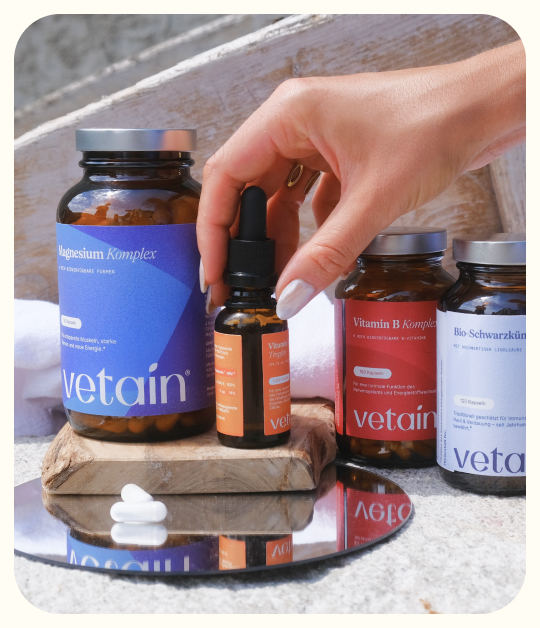Omega-3 fatty acids are essential for our body, but as a vegan it can sometimes be a challenge to make sure we’re getting enough. The good news is that there are plenty of plant-based sources of Omega-3 without fish. Here’s how you can easily cover your Omega-3 needs on a vegan diet.
Understand the Different Types of Omega-3
First, it’s important to know that there are different types of Omega-3 fatty acids: ALA (alpha-linolenic acid), EPA (eicosapentaenoic acid), and DHA (docosahexaenoic acid). As a vegan, you’ll focus mainly on ALA, since EPA and DHA are primarily found in fish and algae. The body can convert ALA into EPA and DHA to a limited extent, but the conversion rate is relatively low.
Plant-Based Omega-3 Sources
Flaxseeds and Flaxseed Oil
Flaxseeds are one of the best plant-based sources of Omega-3. They contain a lot of ALA, which your body can partially convert into EPA and DHA. You can add flaxseeds to your smoothies, sprinkle them on salads, or use flaxseed oil for salad dressings. Make sure the oil is cold-pressed and stored in the fridge to protect the fatty acids.
Chia Seeds
Chia seeds are also rich in ALA and very versatile. You can use them in puddings, smoothies, or as an egg replacement in vegan baking recipes. They’re also a great source of fiber and protein.
Walnuts
Walnuts contain a significant amount of ALA and are a simple snack option or a great addition to salads and baked goods. Just a handful of walnuts a day can help you get enough Omega-3 fatty acids.
Hemp Seeds
Hemp seeds are another excellent Omega-3 source and also provide a balanced ratio of Omega-3 to Omega-6 fatty acids. You can sprinkle them on your muesli or mix them into smoothies.
Algae Oil
For vegans who want to ensure they’re also getting EPA and DHA, algae oil is an excellent option. Algae are the original source of these fatty acids, which enter the food chain through fish. Algae oil supplements are a direct way to consume EPA and DHA without relying on animal products.
Tips for Optimal Absorption
Combine Omega-3 sources with vitamin E-rich foods: vitamin E helps protect fatty acids from oxidation. Good sources of vitamin E include nuts and seeds.
Pay attention to a good Omega-3 to Omega-6 ratio: too many Omega-6 fatty acids in your diet can inhibit Omega-3 absorption. Reduce your intake of Omega-6-rich oils such as sunflower, corn, and sesame oil.
Consider Omega-3 supplements: If you find it difficult to get enough Omega-3 from your diet, supplements—especially algae oil—can be a great option.
A balanced vegan diet rich in these plant-based Omega-3 sources can help ensure an adequate supply of Omega-3 fatty acids. Experiment with different foods and find out what tastes best and fits your lifestyle. That way, you’ll not only secure your Omega-3 intake but also discover new favorite dishes along the way.















 5 Min
5 Min
 Zuletzt aktualisiert am 30.10.2025
Zuletzt aktualisiert am 30.10.2025

